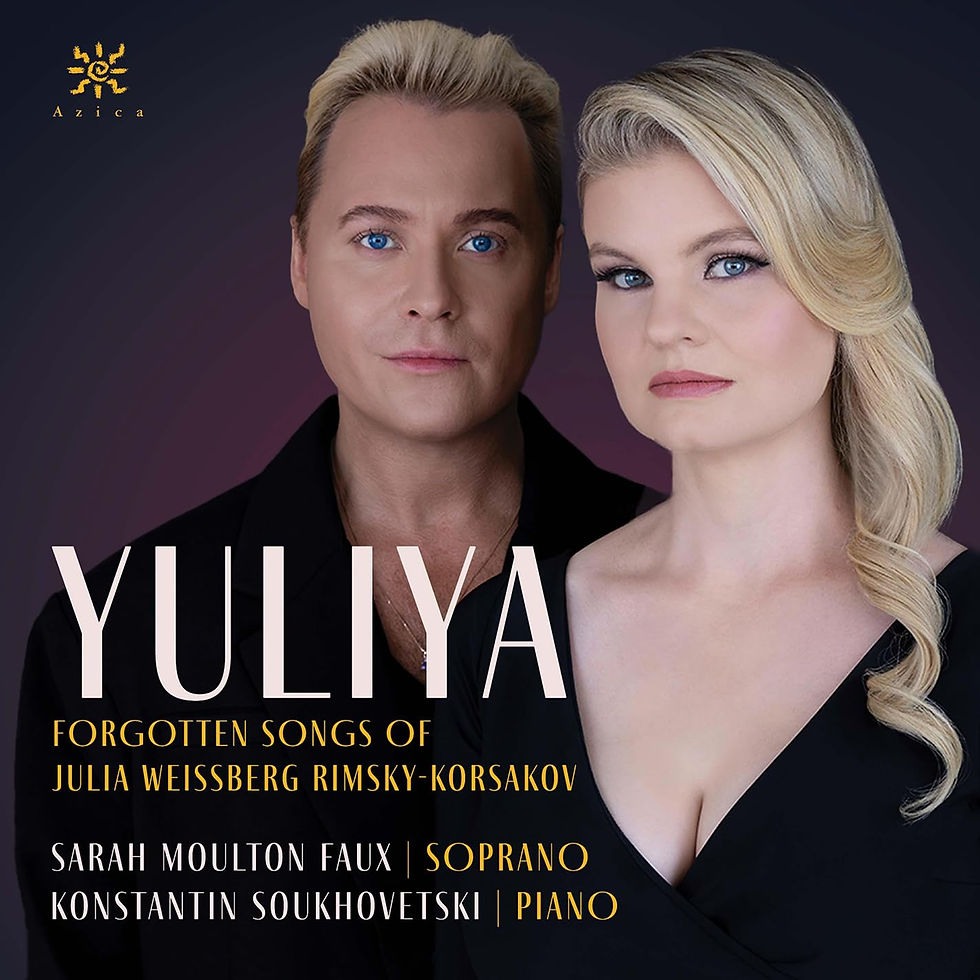In HBO’s ‘The Night Of,’ Composer Jeff Russo Scores Emotions into Vision
- Nov 4, 2016
- 3 min read
Updated: Jun 10, 2020

With haunting anticipation, Jeff Russo’s opening theme for HBO’s eight-part summer series The Night Of widens with each of its deliberate, rhythmic reiterations. Musical sustenance and orchestral tonal layers are gradually added to the cello’s persevering melodic lines, giving a voice to the dark mood that will escort the inner turmoil of its central characters throughout the show’s unhurriedly evolving plot: musical drama unfolding at the vanguard of cinematography. PREVIOUSLY PUBLISHED ON BLOG CRITICS 19th September 2016
Russo’s score is geared not only to enhance the cinematic frames, as do many film scores, composed afterwards to fit the screen’s visual fabric. An original composition in its own right, it was actually written before the film, as Russo explains: “The musical development of the film really started with the main theme, which I wrote first and sent to Steve.” Steve Zaillian, director and writer/producer of The Night Of, is best known for his work on Schindler’s List. Together with Richard Price of HBO’s The Wire, Russo and Zaillian developed the series loosely based on the BBC series Criminal Justice.
Since the Emmy nomination for his elegant score for season one of the FX series Fargo, Russo has become a household name in the industry. Currently his soundtracks are featured on several recent projects in production or on air, among them CBS’s American Gothic. But it seems that on the production of The Night Of, things went a little bit differently than they usually do.
For the first time in his orchestral recordings, Russo introduced the so-called “European” orchestral set-up, which he continued for American Gothic. “That idea was born from wanting melodies to happen on the left and right side of the stereo spectrum, enveloping the listener,” he says. The set-up meshes effectively with the intimate atmosphere surrounding The Night Of’s characters and moods.
What also seems quite an exceptional circumstance, and a deviation from the usual process of show development, is that the music became a profoundly integral part of the show’s narrative, influencing the film’s atmospheric pace from the beginning. “My first pass at that piece is what you actually hear in the main title of the show. They cut the picture to fit the music, which is actually quite rare,” Russo says, explaining that “[a]s the themes progressed, the atmosphere of the show was taken from those themes, and the underscore was derived from most of these recordings.”
Used sparingly, the soundtrack’s thrums symbolize the unsettling, slow reality of prison life, or everyday life itself, supporting visually obscured camera angles that leave room for subtle perception, rather than head-on shots that create a glaring cinematographic reality. “Using silence as score can help make the music way more effective, especially in long pieces,” Russo says. The score excels in its atmospheric overtones, echoing the mysterious and questionable multifaceted layers of justice and reality that The Night Of observes.

The cello, one of Russo’s favorite instruments, recurs in a stirring tone of voice reflecting the humanity of the show’s emotionally complex characters. Sometimes a character is accompanied by an associated instrument upon entering a scene. For example, the cello’s melodic sound accompanies the initially naïve-appearing Pakistani-American college student Naz, played by Riz Ahmed, whose one night out on the town in New York City leaves him on trial for the brutal murder of a young woman.
More high-pitched, the violin is the instrument chosen to mark the entrance of Naz’s trial lawyer, John Stone, played with high intensity by John Turturro. Though it was a passion part intended for the late James Gandolfini, Turturro makes it his own.
While the film is suggestive in its take on societal injustices like racial discrimination, the devastating conditions of prison life, and the slow-moving wheels of the justice system, it does not offer solutions. Open-ended even in its trial conclusion, The Night Of relies on its characters’ humanity for plot development.
Emotions run high in The Night Of, making it the kind of special collaboration Russo can best relate to: “I am an emotional guy myself,” he explains. “The whole film is edited around the beats of the music. Sometimes music is a vehicle to cover up visual scenes in the film that did not work. This was not at all the case here,” he says. “I was inspired by the narrative and the exceptional creativity of the film’s maker, [and] I always feel that music is the emotional center or heart of any narrative. In the case of The Night Of, it was important for the producers that the music not comment on the narrative but simply support and be omnipresent, as if to be looking down from the scene from above. I could feel that [approach] was necessary from my first viewing of the show.” The result is a show that flawlessly weaves together its visual and audial components, which speaks to the mutual inspiration of the collaborative experience that was its creation.
The Night Of play the theme song



Comments